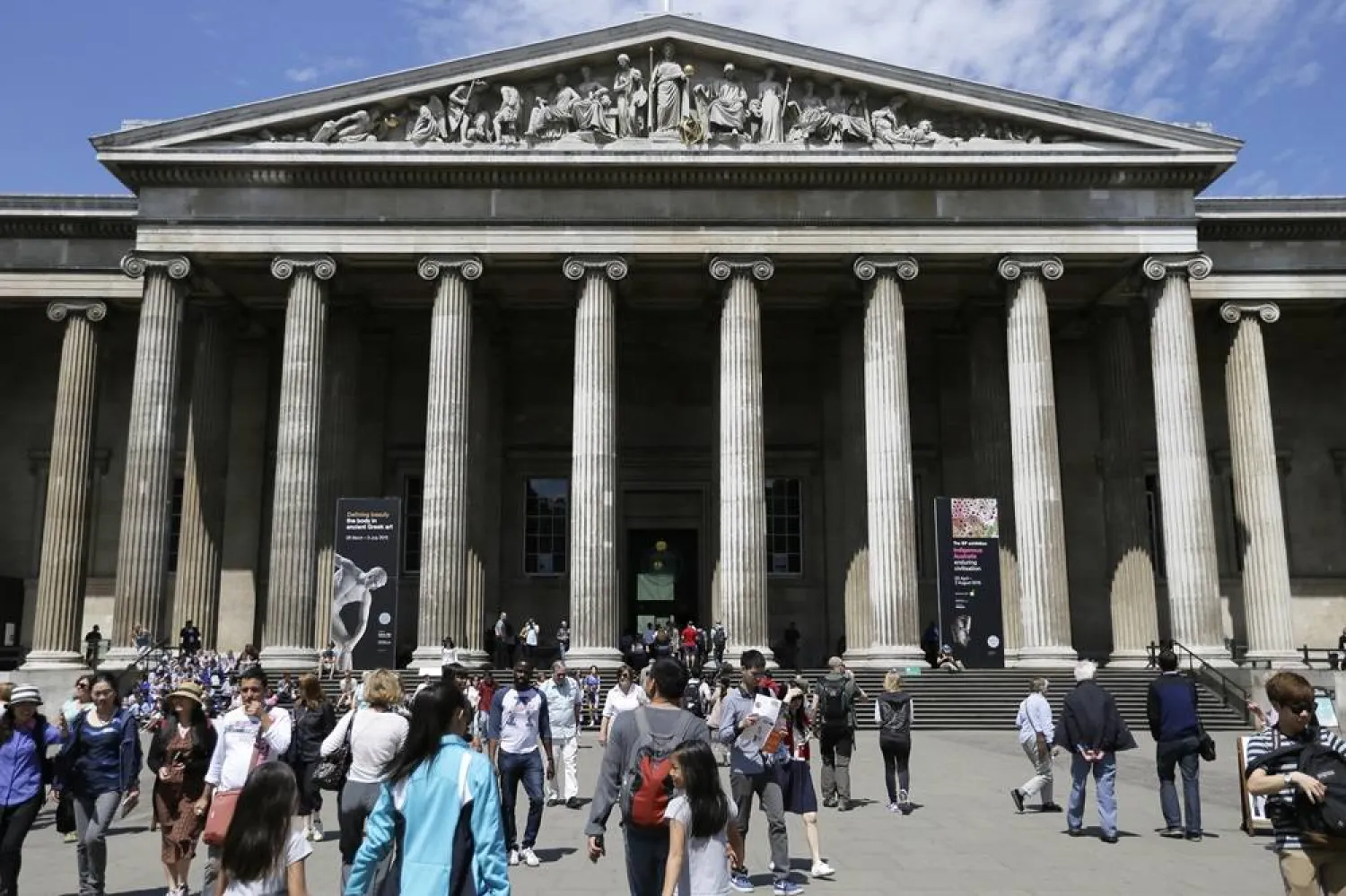The British Museum on Thursday appointed National Portrait Gallery chief Nicholas Cullinan as its new director, as the 265-year-old institution grapples with the apparent theft of hundreds of artifacts and growing international scrutiny of its collection.
Previous director Hartwig Fischer resigned in August after the museum disclosed that more than 1,800 items were missing in an apparent case of insider theft. Many of the items had been offered for sale online.
Mark Jones, former head of the Victoria and Albert Museum, has served as interim director since then. Cullinan will replace him in the summer.
Cullinan has been director of the National Portrait Gallery since 2015, overseeing a major refurbishment of the building beside London’s Trafalgar Square. He has previously worked at Tate Modern in London and the Metropolitan Museum of Art in New York.
His appointment was approved by the British Museum’s trustees and Prime Minister Rishi Sunak.
Cullinan said it was an honor to become director of “one of the greatest museums in the world.”
He said he looked forward to leading the institution through “the most significant transformations, both architectural and intellectual, happening in any museum globally, to continue making the British Museum the most engaged and collaborative it can be.”
The museum fired a longstanding curator, Paul Higgs, over the missing items, and is suing him at the High Court. Lawyers for the museum say Higgs “abused his position of trust” to steal ancient gems, gold jewelry and other pieces from storerooms over the course of a decade.
Higgs, who worked in the museum’s Greece and Rome department for more than two decades, denies the allegations and intends to dispute the museum’s legal claim.
Police are also investigating, but no one has been charged.
The 18th-century museum in central London’s Bloomsbury district is one of Britain’s biggest tourist attractions, visited by 6 million people a year. They come to see a collection that ranges from Egyptian mummies and ancient Greek statues to Viking hoards, scrolls bearing 12th-century Chinese poetry and masks created by the Indigenous peoples of Canada.
The museum faces growing pressure over items taken from other countries during the period of the British Empire -– especially the Parthenon Marbles, 2,500-year-old sculptures that were taken from Athens in the early 19th century by British diplomat Lord Elgin.
Greece has campaigned for decades for the marbles to be returned. The British Museum is banned by law from giving the sculptures back to Greece, but its leaders have held talks with Greek officials about a compromise, such as a long-term loan.
Those efforts suffered a setback in November, when a diplomatic spat erupted over the marbles, and Prime Minister Sunak abruptly canceled a planned meeting with his Greek counterpart, Kyriakos Mitsotakis.
British Museum Chairman George Osborne said that with Cullinan’s appointment, the institution was entering “a new chapter in the long story of the British Museum with confidence, and back on the front foot.”









